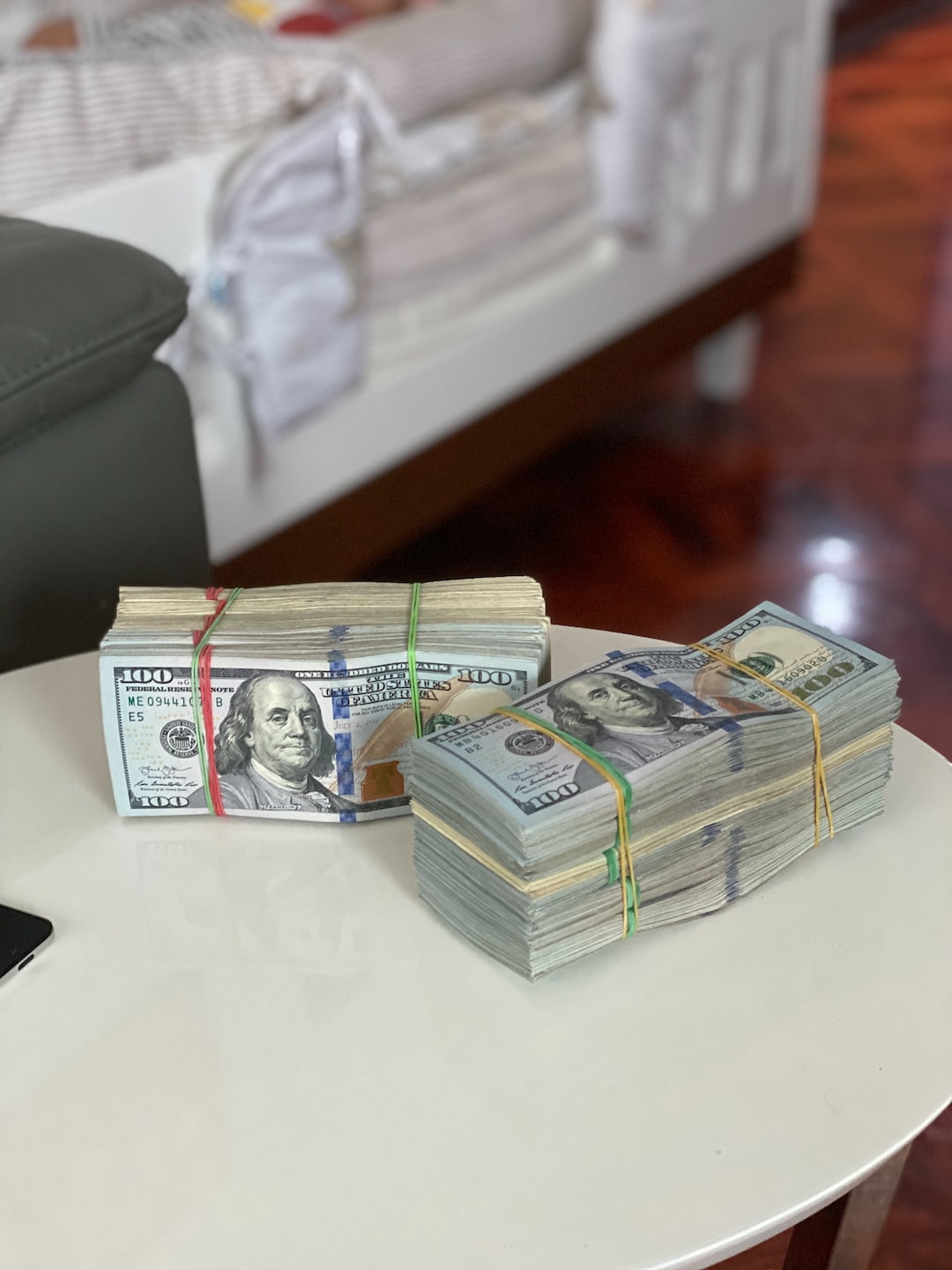Forex, short for foreign exchange, is a decentralized market where currencies are traded 24 hours a day, five days a week. Unlike other financial markets, forex does not have a physical location or a centralized exchange. Instead, it is a network of banks, brokers, and traders connected electronically, allowing for continuous trading.
The forex market is open 24 hours a day, starting from Sunday 5 pm EST through Friday 5 pm EST. However, the market is not open continuously during this time, and there are specific times when it is more active than others. These active times are referred to as trading sessions, and they are based on the time zones of major financial centers.
There are three main trading sessions in the forex market:
1. Asian session: This session starts at 7 pm EST and ends at 4 am EST. It is the first session of the trading day and is characterized by low volatility and low liquidity. The major financial centers in this session include Tokyo, Hong Kong, and Singapore.
2. European session: This session starts at 2 am EST and ends at 11 am EST. It is the most active session of the day, with high liquidity and high volatility. The major financial centers in this session include London, Frankfurt, and Paris.
3. American session: This session starts at 8 am EST and ends at 5 pm EST. It is the last session of the trading day and is characterized by moderate to high volatility and liquidity. The major financial centers in this session include New York, Chicago, and Toronto.
The overlap between these sessions also creates trading opportunities. For example, the European and American sessions overlap for a few hours, which is known as the “power hours.” During this time, there is a significant increase in trading volume and volatility, making it an ideal time for traders to enter and exit trades.
It is important to note that the forex market is not open on weekends, which means that any trades left open on Friday evening will be rolled over to the next trading day, which is usually Monday. However, some brokers offer trading on weekends for certain currency pairs, but the liquidity and spreads during these times are usually low.
Another factor that affects forex trading times is economic data releases. Governments and central banks release economic data on a regular basis, including inflation rates, GDP, and employment figures. These releases can significantly impact currency prices and create opportunities for traders. Therefore, it is essential to keep an eye on the economic calendar and plan trades accordingly.
In conclusion, the forex market is open 24 hours a day, five days a week, and trading sessions are based on the time zones of major financial centers. The Asian session is characterized by low volatility and liquidity, while the European and American sessions are more active with high volatility and liquidity. Overlap between these sessions also creates trading opportunities, and economic data releases can significantly impact currency prices. Therefore, understanding forex trading times is crucial for successful trading in the forex market.





